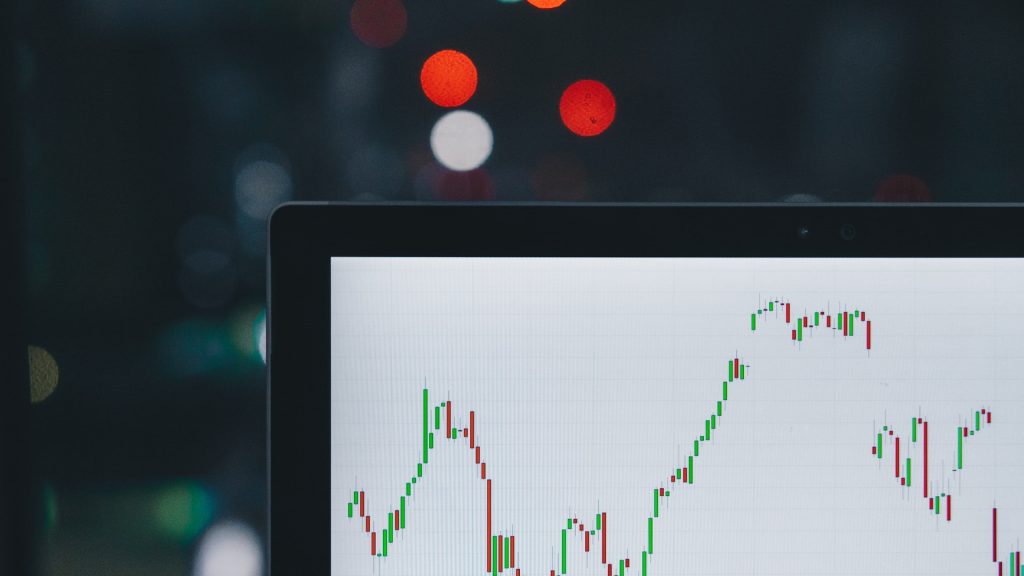We all have them. Those apps we open without thinking. Not because we need anything in particular, but because they feel… safe, in some…
Insider trading: recent fines imposed by the FSCA

Recent significant fines imposed by the FSCA on Jooste and others for trading on inside information have highlighted the extensive powers contained in the Financial Markets Act and the dangers of insider trading
An administrative penalty of over R240-million imposed on Markus Jooste and three others by the Financial Sector Conduct Authority (FSCA) has highlighted the risks of insider trading, and the importance of understanding its definitions and implications to avoid incurring substantial fines and reputational damage.
Administrative penalties imposed by the FSCA on Jooste and others
On 30 October, the FSCA published a press release detailing the administrative penalties that it imposed on Markus Jooste and three others, amounting to about R241-million, relating to share transactions in Steinhoff International Holdings NV (Steinhoff) during November and December 2017.
These were the administrative penalties and reasons they were imposed:
- Markus Jooste – c. R161-million (solely liable for c. R122-million), for the disclosure of inside information and encouraging four persons to sell Steinhoff shares, being jointly and severally liable for two persons dealing in Steinhoff shares for their own account while in possession of inside information;
- Dr Burger – c. R3-million, for dealing in Steinhoff shares for another’s account while in possession of inside information;
- Mr Swiegelaar – c. R18 000, for dealing in Steinhoff shares for own account while in possession of inside information; and
- Ocsan Investment Enterprises Proprietary Limited – c. R115-million, for dealing in Steinhoff shares for own account while in possession of inside information.
The decisions by the FSCA to impose the administrative penalties can be reconsidered by the Financial Services Tribunal. Jooste and the other recipients of the administrative penalties may apply for the reconsideration of the decisions of the FSCA.
Other administrative penalties imposed for insider trading in South Africa include:
- R350 000 plus costs in 2017, for dealing for own account while in possession of inside information;
- R467 388 in 2016, for dealing for own account while in possession of inside information;
- R850 000 in 2016, for dealing for own account while in possession of inside information and for influencing another person to deal in relation to a financial instrument in which the person involved possessed inside information; and
- R14 152 in 2014, for dealing for own account while in possession of inside information.
Legal framework
The definition of insider trading, and the consequences that may flow from it, are spelt out in the Financial Markets Act (FM Act). The FM Act defines “inside information” as specific or precise information that has not been made public and which is obtained or learned as an insider. If it were made public, it would be likely to have a material effect on the price or value of any security listed on a regulated market or any derivative instruments related to that security.
An “insider” is defined as a person who has inside information through his/her capacity as a director, employee, or shareholder of an issuer of securities listed on a regulated market or an issuer of derivative instruments related to those securities to which the inside information relates. Insiders could also have access to inside information through their employment, office, or profession. In addition, an “insider” is a person who has inside information and knows that the direct or indirect source of the inside information was an insider.
There are five types of insider trading offences set out in the FM Act. Insiders commit an offence when, knowing that they have inside information, they deal directly/indirectly or through an agent for their own account or for any other person.
It is also an offence for insiders to encourage or cause another person to deal/discourage/stop another person from dealing in the securities listed on a regulated market or in any derivative instruments related to such security to which the inside information relates or which are likely to be affected by it or they disclose the inside information to another person.
In addition, any person who deals for an insider in financial instruments that meet the requirements who knew that such a person is an insider commits an offence. The FSCA is the authority that ensures compliance with certain financial sector laws (including the FM Act). The FSCA has a wide range of powers to conduct in-depth investigations and to impose administrative penalties.
The FSCA may also refer the matter to the National Prosecuting Authority for criminal prosecution or apply to the court for an interdict or attachment order. Non-compliance with the FM Act may result in an administrative penalty, criminal sanction; and/or civil liability.
In relation to administrative penalties, any person who commits an insider trading offence is liable to pay an administrative sanction, which takes various factors into account, such as the equivalent of the profit that the person made or would have made if they sold the securities at any stage, or the loss avoided through such dealing, plus three times the amount of such profit or loss avoided.
This means that an offender could be liable to pay an amount that is more than four times the benefit that they would have received from engaging in insider trading. An insider can be held to be jointly and severally liable for the benefit received by another person that was derived from the use of inside information.
If an insider assists another person by, amongst other things, disclosing inside information to that other person who is then found to have dealt, for their own account, in the securities or derivatives to which the inside information relates, the insider will be jointly and severally liable, together with the other person, to pay the administrative penalty imposed on the other person.
Takeaways
The consequences of insider trading may include more than four times the monetary benefit derived, criminal sanction, and civil liability. A juristic person, such as a company, can commit and be liable for insider trading. The limit of an administrative penalty is a multiple of the monetary benefit derived, which means that a profit of R250-million derived from insider trading could result in an administrative penalty of more than R1-billion.
It is important to assess whether you fall within the definition of an insider and if so, to be prudent in your dealings to ensure that you do not contravene the insider trading provisions of the FM Act.
Notably, it is possible to be held liable for someone else acting on the inside information that you have provided or for influencing another person to act on inside information that you imparted.
This article was written by Dawid de Villiers, Partner, Johann Scholtz, Partner & Eric Madumo, Associate at Webber Wentzel
Featured image: M. B. M. via Unsplash

